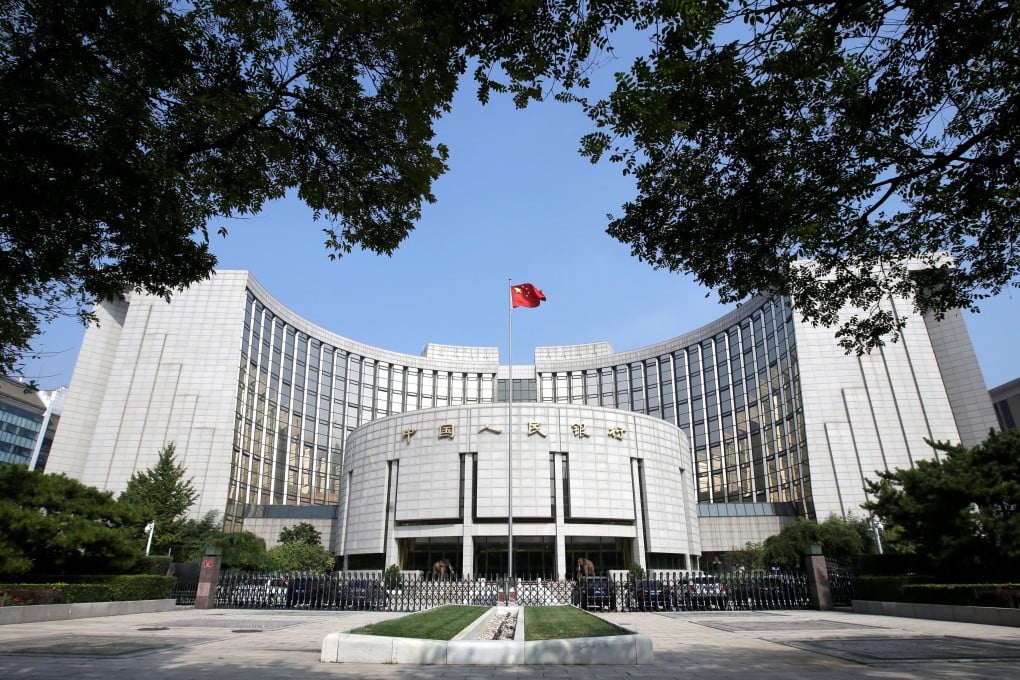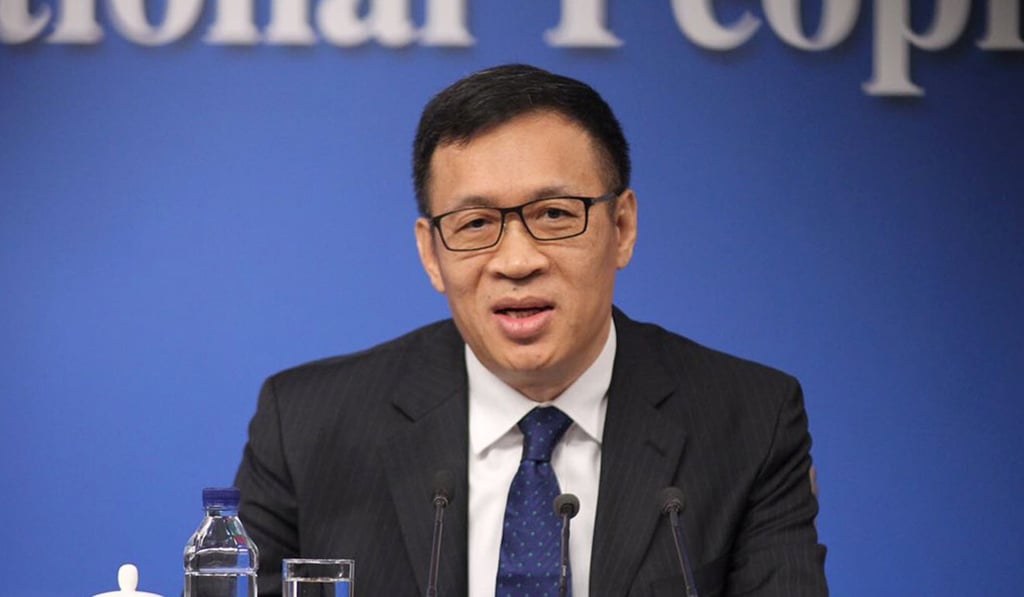Advertisement
With Jack Ma’s Ant Group reined in, China’s central bank sets sights on other fintech firms’ monopolistic behaviour
- Many mobile payment companies have breached the country’s anti-monopoly law, not just Ant Group, says central bank official
- PCOB’s measures may slow down fintech firms’ development but will lead to healthy development of the sector in the long term
Reading Time:2 minutes
Why you can trust SCMP

The People’s Bank of China (PBOC) will continue to crack down on mainland payment companies’ practices that fall afoul of the country’s anti-monopoly law, with a senior central bank official pointing out that billionaire Jack Ma’s Ant Group was not singled out for such behaviour.
“Ant Group is not the only company that engages in monopolistic behaviour, while in fact there are other payment companies in China with similar misconduct issues,” Fan Yifei, deputy governor of PBOC, said during a media briefing on Thursday.
While Fan did not name any companies, he said that the actions taken against Ant Group would also be taken against other payment platforms engaging in malpractice, adding that “the central bank continues to support the payment industry to grow faster and better, but at the same time we would also crack down on any misconduct or malpractice in the sector”.
Advertisement
The mobile payments market is dominated by two service providers – Alipay of Ant Group and WeChat Pay of Tencent Holdings. Other Chinese hi-tech firms competing in the online payments market include video-sharing company Douyin, e-commerce giant Pinduoduo, on-demand delivery market leader Meituan and ride-hailing services provider Didi Chuxing.

Advertisement
WeChat Pay operator Tencent and food delivery firm Meituan did not reply to requests for comment.
The PBOC’s pledge to clean up the payment industry’s malpractices comes just two days after the State Council, China’s cabinet, said late on Tuesday that it would undertake a sweeping overhaul of its regulations on how companies raised capital, both domestically and overseas.
Advertisement
Select Voice
Select Speed
1.00x